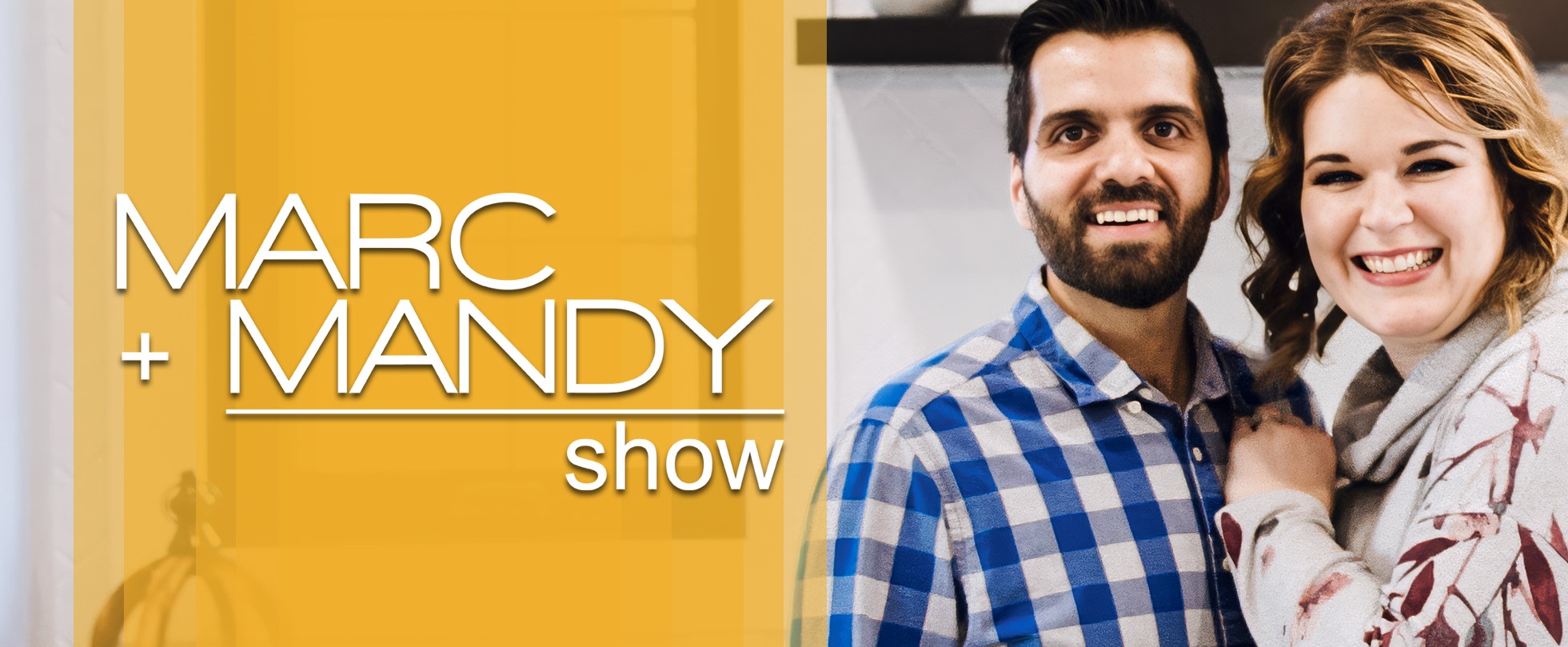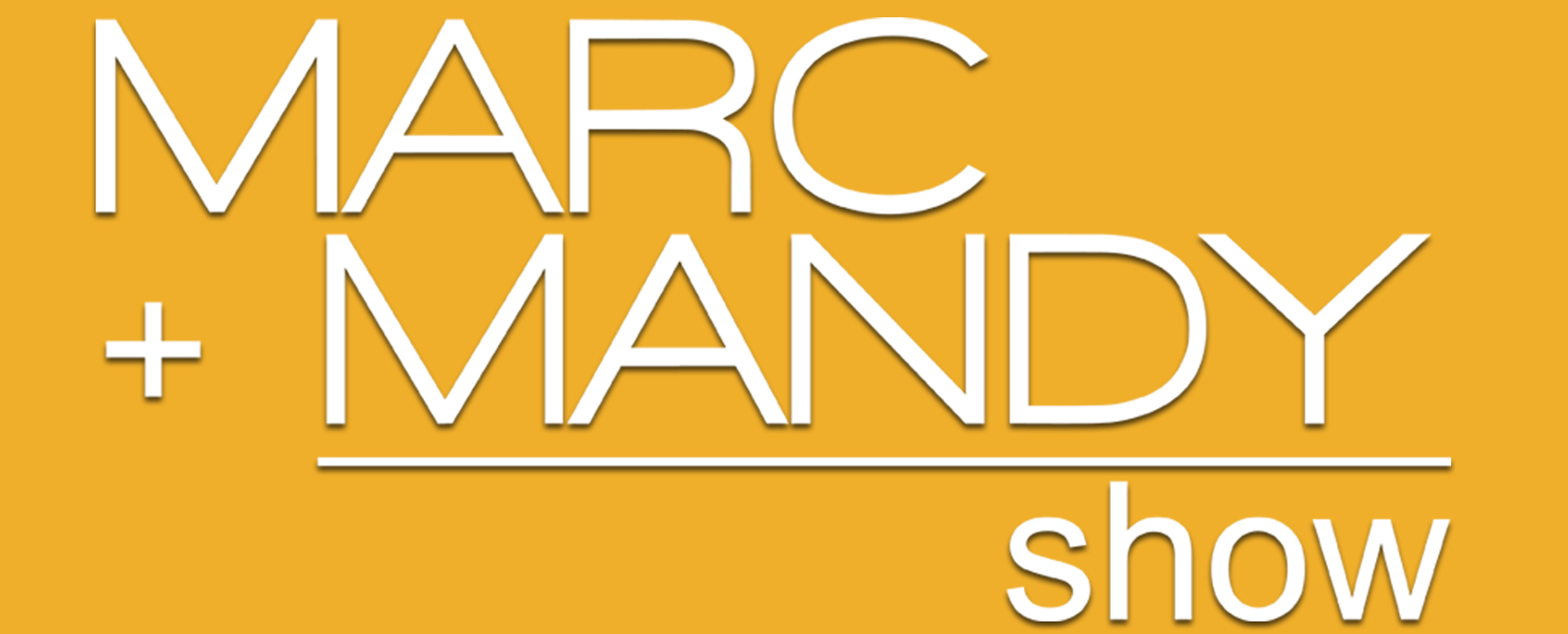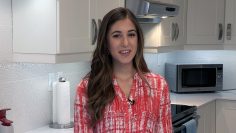
5 Common Types of Mortgages

A mortgage consists of two parts: the principal sum or the amount borrowed and the interest. Ideally, you want to minimize the amount of interest you pay. However, the decision on which mortgage is best for you can be a tricky one, which is why it is so important to be well versed in the different types of mortgage plans available.
Fixed Rate Mortgages
With a fixed rate mortgage, the interest rate you pay will stay the same throughout the length of the deal no matter what happens to interest rates.
Pro:
- Your monthly rate will stay the same.
Cons:
- Fixed rates are typically higher than variable rates.
- If interest rates fall, you won’t get to reap the benefits.
- If you want to leave the deal early, you will be charged, otherwise you are locked down for the length of the fix.
Variable or Adjustable Rate Mortgages
With variable rate mortgages, the interest rate can change at any time.
Pro:
- If interest rates decrease, you do get to reap the benefits.
Con:
- You can’t always anticipate if your rate is going to increase, so you’ll have to budget some in-case money in the event it increases.
Variable Rate mortgages come in different forms: Standard variable rate (SVR), discount, tracker, offset and capped rate.
Collateral Mortgages
A collateral mortgage allows you to use your home as security for a loan or more than one loan and, potentially, borrow additional funds.
Pro:
- You have the flexibility to borrow money from your home at any time.
Cons:
- On paper, it could look like you have more debt than you do, which means you might struggle to secure financing in the future.
Closed Mortgages
Closed term mortgages are a common choice for home buyers and are usually the better choice if you’re planning to pay off your mortgage long term.
Pros:
- Closed mortgages typically have lower interest rates.
- Flexible payment options.
- These mortgages are portable, meaning if you have sold your current house and have purchased a new one, this mortgage can be moved to the new property without penalty and can be increased according to what is needed.
Cons:
- If you wanted to pay out the entire mortgage in full, before the end of the predetermined term, you would be penalized.
Open Mortgages
Open term mortgages may be appealing if you are planning to pay off your mortgage in the near future.
Pro:
- They can be repaid either in part or in full at any time without prepayment charges.
Con:
- Open mortgages tend to have higher interest rates.










